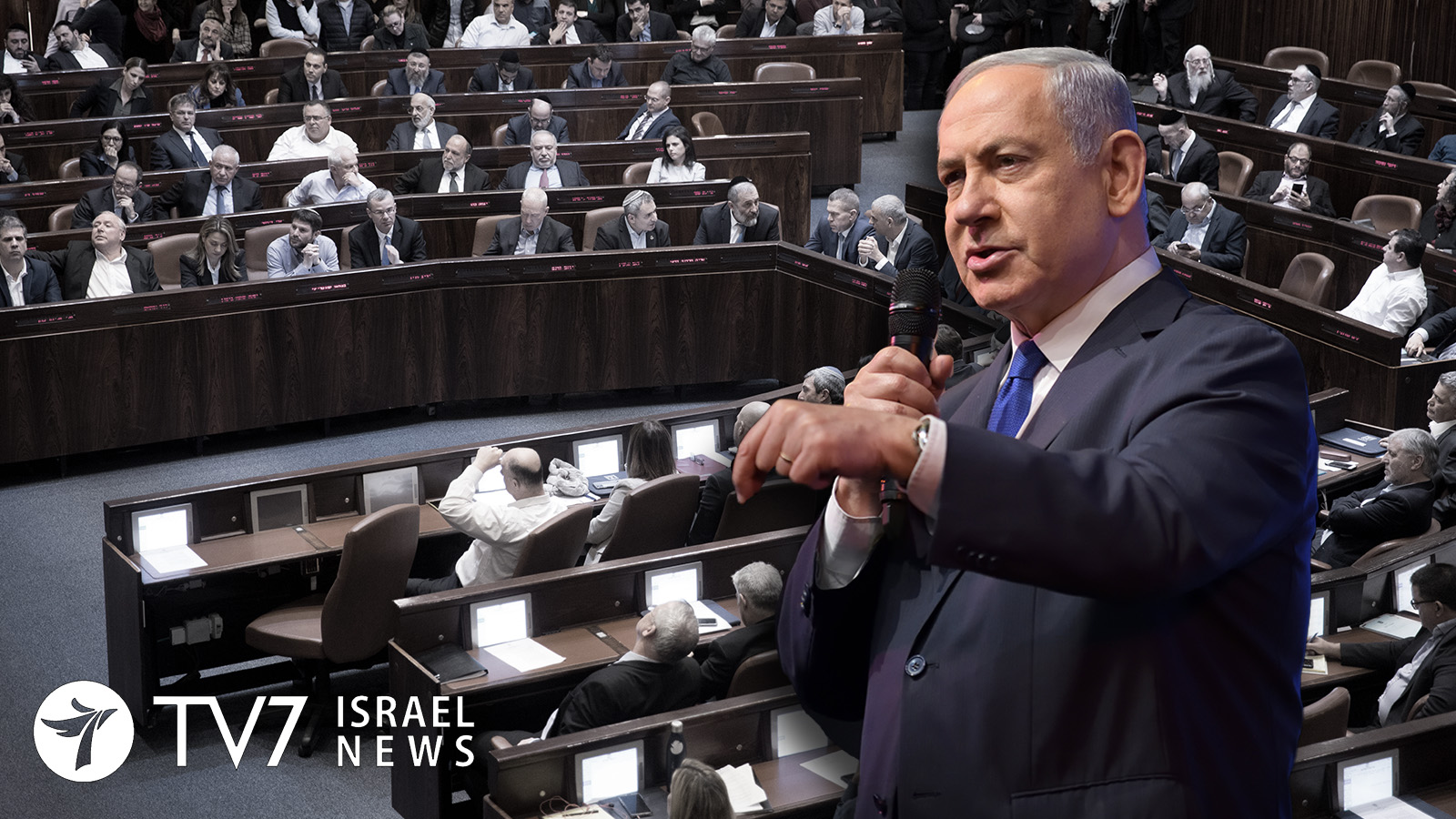Israeli Prime Minister Benjamin Netanyahu and his Likud party continue to maintain their 36-mandate lead, as votes from yesterday’s national elections near the final count. The Blue and White party led by IDF Chief of Staff Benny Gantz climbed to 32 out of the 120-seat Knesset.
Today’s outcome reflects a one-seat drop from the initial estimate of the projected-size of Netanyahu’s rightwing-religious bloc, spelling greater challenges for the formation of a ruling coalition and even potentially threatening his hold on power. Opposition parties are reportedly contemplating possible courses of action, such as the passage of legislation to bar any candidates who have been indicted from serving as Prime Minister.
As neither succeeded in securing an outright 61-seat majority, both leading candidates will now seek support of smaller parties for the purpose of forming a minority coalition.
Gantz told reporters that he will do everything within the confinements of the election results and the law to oust Netanyahu from office, although he stopped short of providing any details. “We are committed to the State of Israel, we are committed to the public in Israel, we certainly respect the voters decision,” said the Lt. Gen. (res), reaffirming that his supporters “will follow the development of the actual results as I said, and will see where we take it from there.” He then underscored that, “What the public needs to remember is that we were committed, we remain committed and we shall stay committed in the future.”
The politically-divided Israeli public has voiced predictably -mixed feelings about the tally, as indicated in a number of statements given to Reuters by Jerusalem residents. “I’m very disappointed. In fact, I’m pretty surprised that half of the country is interested in somebody who has criminal charges against him being the prime minister of the country,” said Martin Lockshin, pointing out that “Israel has been through difficult times and I hope it will get through this difficult time too.” Ariel Picard also expressed disappointment, but said “still I have hope, I’m an optimistic, since it seems like Netanyahu cannot create a government by himself. In the end of the day he will have to cooperate with Blue and White and I think this is a good solution for the situation, nobody want fourth elections and I think we can make it for the good.” James Luk said he believed “these results are good” because the small gap between the two front-running factions “might really lead to a unity government,” which he said “is the most important thing for everybody.” Luk added that “If the voters had the option to cast a ballot of unity, you’d see everyone doing it. Why? Because we all have one goal, also the Arab population, the Jewish population in all this region, to maintain proper life.” After stating “the people have spoken” and “we need to accept this decision,” Linda Beja also expressed hope for the creation of a “winning combination of the two big blocs,” and some respite for a public suffering from voter-fatigue in the wake of three national elections in eleven months, “finally let(ting) these people have some rest from all the mess it experienced this past year.”
Even though the majority of respondents voiced hope for a unity government between the Likud and Blue and White in all three elections, both political blocs have ruled out the possibility in recent months.
